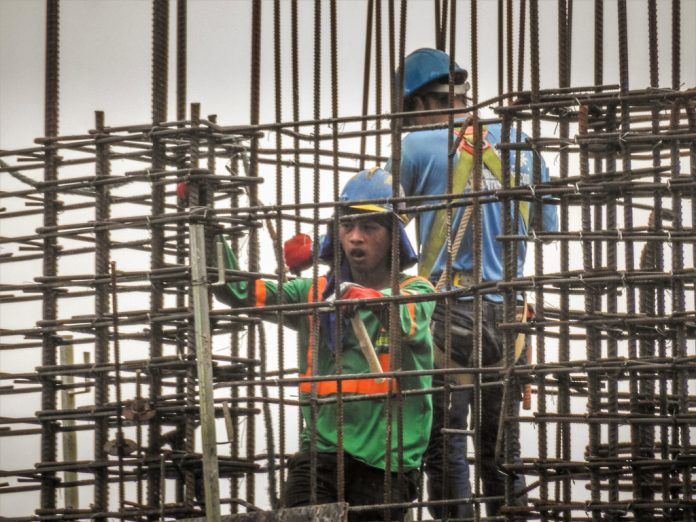
MANILA – President Rodrigo Duterte has extended the implementation of and payment for infrastructure projects under the 2019 national budget, owing to the much-delayed enactment of the spending measure and public works ban during the election period.
Duterte gave the directive in his veto message signed on Monday when he enacted the P3.662-trillion national budget.
“We will allow the implementation of, and payment for, infrastructure projects to extend until December 31, 2020, provided that the funds for the purpose are obligated not later than December 31, 2019,” the President said.
“This rule shall likewise cover subsidies given to government-owned or-controlled corporations for infrastructure projects,” he added.
He expressed optimism that with the massive spending for economic and social services, the country’s development pursuits “will be sustained.”
“We are ushering in the country’s golden age of infrastructure as we aggressively build our infrastructure assets,” he said.
The President also made it clear that the government would implement the cash-based budgeting system for this year despite opposition by Congress.
“Let me emphasize that pursuant to the Administrative Code of 1987, I shall mandate the implementation of a cash budget for fiscal year 2019 to ensure the availability of cash resources for priority development projects, and speed up delivery of services,” he said.
Duterte said “significant gaps” between the actual expenditure outturns and annual appropriations during the latter years (2014 to 2016) of the Aquino administration were “unacceptable” given his government’s commitment that the Filipino people “will reap, as soon as possible, the benefits of the taxes they have paid.”
Under a cash-based budgeting, the validity of budget appropriations are reduced to one year with no carry-over provision except for a three-month extended payment period within the following fiscal year to allow agencies to settle payments for goods and services delivered.
At present, the Philippines follows an obligations-based budgeting in which appropriations are valid for two years.
Funds are disbursed as commitments or obligations, meaning implementing agencies are not obliged to complete projects within the same fiscal year.
Despite operating on an obligations-based budgeting system, the Department of Budget and Management said in February that the Duterte administration has adopted a one-year validity of appropriations since 2017, instead of the usual two years to push the agencies to speed up the execution of projects.
This was made to prepare agencies for the shift to annual cash-based budgeting in 2019. (GMA News)







